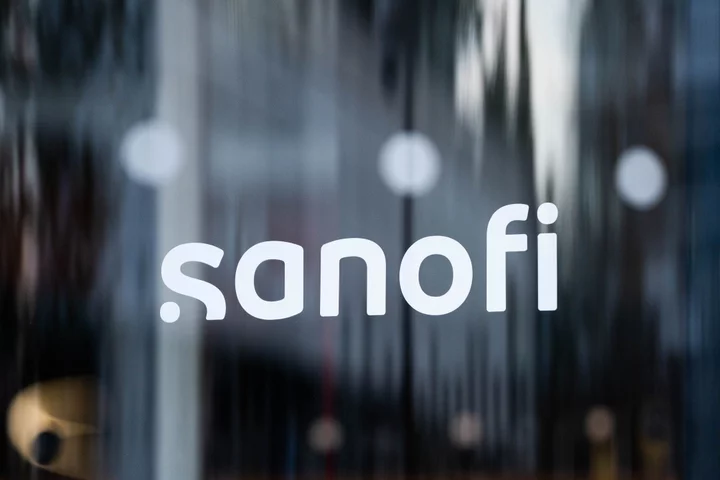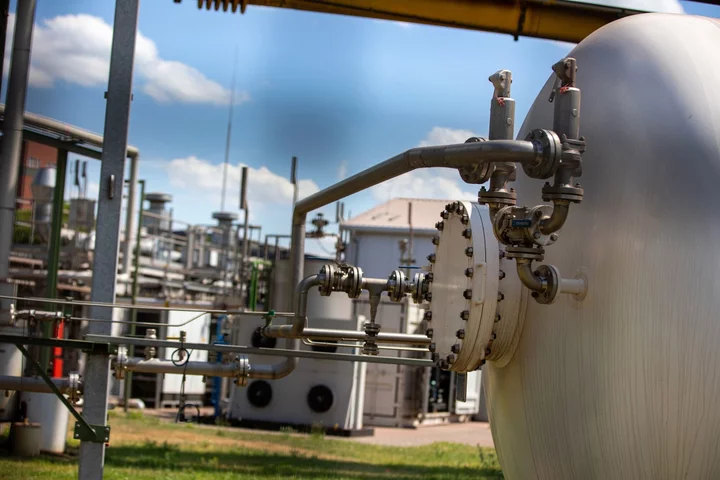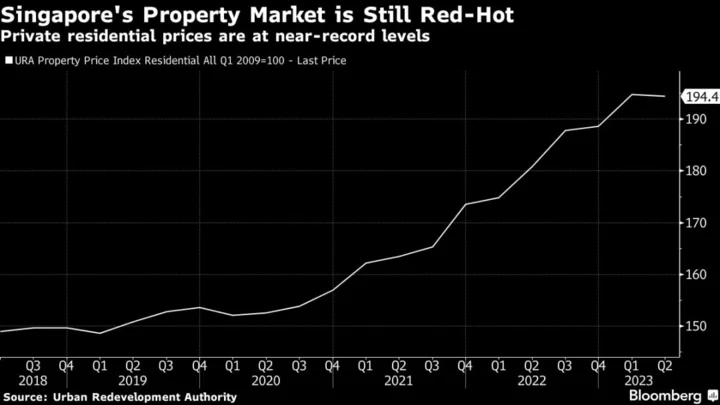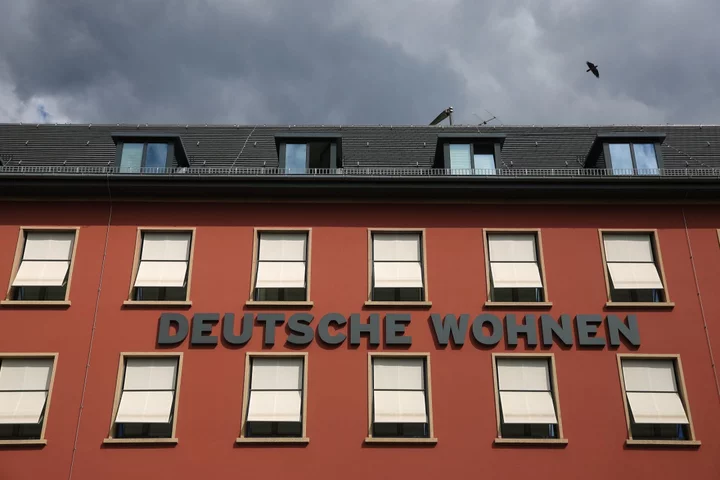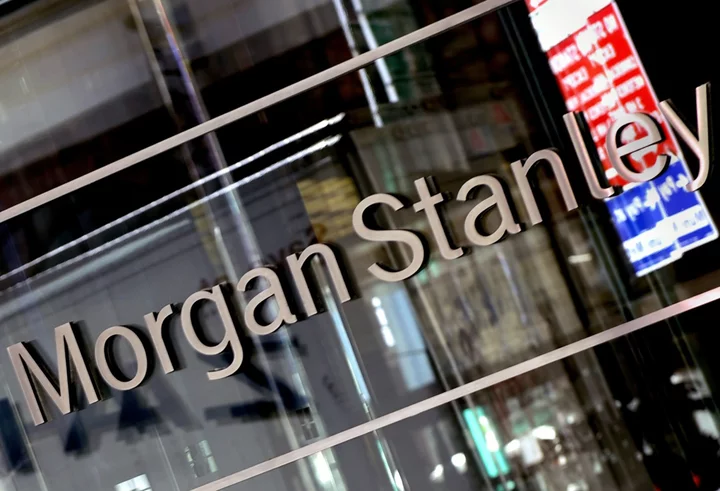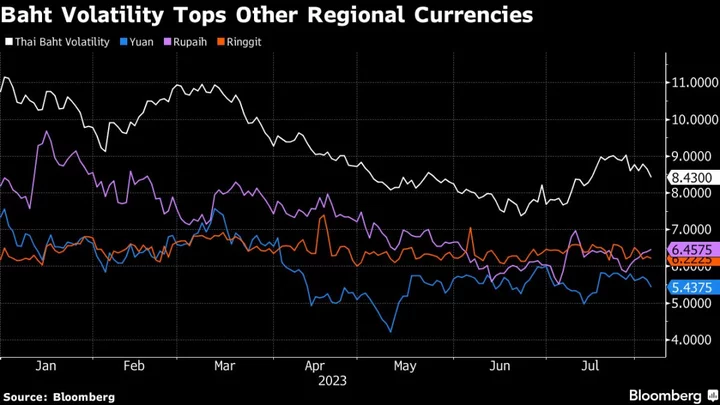Sanofi’s prescription drug Dupixent showed additional promise in helping patients with a chronic lung disorder breathe better and regain lung function, potentially speeding the process for the blockbuster medicine to gain another avenue for growth.
The asthma injection showed strong efficacy in a second final-stage study of people with chronic obstructive pulmonary disease, a life-threatening respiratory affliction in which no new treatment approach has succeeded in more than a decade, Sanofi said Monday.
Dupixent showed a 34% reduction in the rate at which patients’ COPD worsened compared to those who received a placebo during an advanced trial called Notus. The trial included 935 adults who were current or former smokers. In the previous trial, called Boreas, the reduction was 30%.
The medicine, developed with Regeneron Pharmaceuticals Inc., is already prescribed for asthma and some skin conditions. With its two strong COPD trial results now, it’s succeeding where other therapies have failed, including AstraZeneca Plc’s Fasenra and GSK Plc’s Nucala.
Sanofi and Regeneron plan to submit the data from both trials to the US Food and Drug Administration by the end of the year, the company said.
In March, a Morgan Stanley analyst said that the drug could see strong uptake from the patient group based on the Boreas trial results, potentially leading to more than €2 billion ($2.1 billion) in additional annual sales.
The French drugmaker recorded €7.7 billion in sales from Dupixent in the first nine months of this year. Some analysts are already forecasting that Dupixent will surpass €19 billion in annual sales by the end of the decade.

